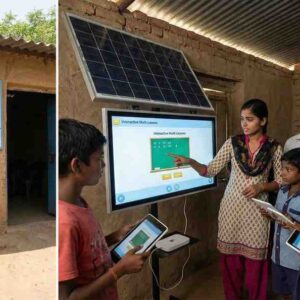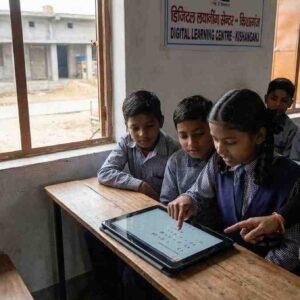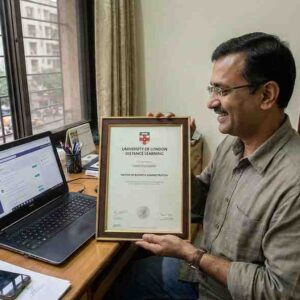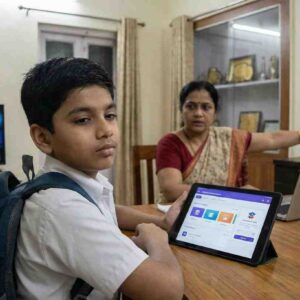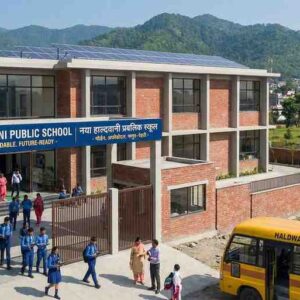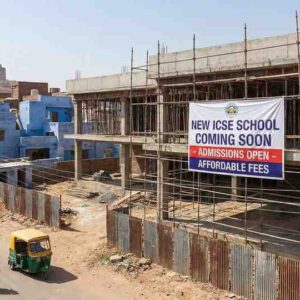TheNational Education Policy (NEP) 2020marks a transformative shift in India’s educational landscape, bringing academic value to the forefront and redefining what constitutes a quality education. By emphasizing student-centered learning outcomes, critical thinking, and holistic development, the NEP departs from traditional metrics like infrastructure size, instead prioritizing deeper, more meaningful educational experiences.
Shift from Infrastructure to Intellectual Development
Historically, the success of educational institutions in India has often been measured by their physical expansiveness and aesthetic appeal. The NEP challenges this traditional view by emphasizing that true educational quality stems from the academic value it delivers, not the size of its facilities. Key areas of focus include:
- Enhanced Learning Outcomes: The NEP prioritizes the development of core competencies such as critical thinking, creativity, and problem-solving over rote memorization. This shift encourages a curriculum that fosters independent thinking and application-based learning.
- Holistic Education: Recognizing the multifaceted nature of learning, the NEP encourages schools to integrate arts, sports, and moral education into the mainstream curriculum. This approach ensures that students develop not only intellectually but also emotionally and socially.
- Teacher Training and Empowerment: The NEP highlights the crucial role of teachers by advocating for robust training programs and continuous professional development. This ensures that educators are well-equipped to implement the new pedagogical strategies that the NEP recommends.
- Technology Integration: Emphasizing the role of digital tools, the policy encourages the use of technology to enhance educational delivery. This includes everything from smart classrooms to online resources that make learning more accessible and engaging.
Promoting Equity and Inclusivity
The NEP aims to democratize education by making it inclusive and accessible to all segments of society, regardless of their socioeconomic status. It proposes several initiatives to achieve this:
- Multilingual Education: The policy advocates for mother tongue or local language instruction at the primary level to help improve understanding and retention among young learners. This approach also honors and preserves India’s linguistic diversity.
- Special Education Zones: Targeting underprivileged and underserved areas, the NEP introduces the concept of Special Education Zones (SEZs), designed to bring high-quality education to all.
- Gender Inclusion Fund: To promote the education of female and transgender students, the NEP establishes a fund that supports tailored and proactive approaches to increase their enrollment, retention, and performance.
Revised Assessment Methods
Moving away from high-stakes examinations, the NEP proposes a more holistic form of assessment:
- 360-Degree Holistic Progress Card: This innovative approach to student evaluation focuses on comprehensive feedback rather than one-dimensional academic performance, considering multiple facets of a student’s growth and capabilities.
- Formative Assessment: The policy encourages regular and formative assessments to provide continuous feedback, helping students identify their strengths and areas for improvement in real-time.
Global Alignment and Future Readiness
The NEP aligns India’s educational framework with global standards, preparing students for both local and global challenges. It fosters critical thinking, flexibility, and adaptability, ensuring that students are not only well-prepared for competitive exams but also equipped to handle complex real-world problems.
Conclusion
By bringing academic value to the forefront, the NEP 2020 seeks to revolutionize the Indian education system. It shifts the focus from traditional metrics of educational success to more substantial measures that reflect true learning and intellectual development. This comprehensive approach promises to nurture well-rounded individuals who are capable of contributing meaningfully to society and thriving in a dynamic global environment.




